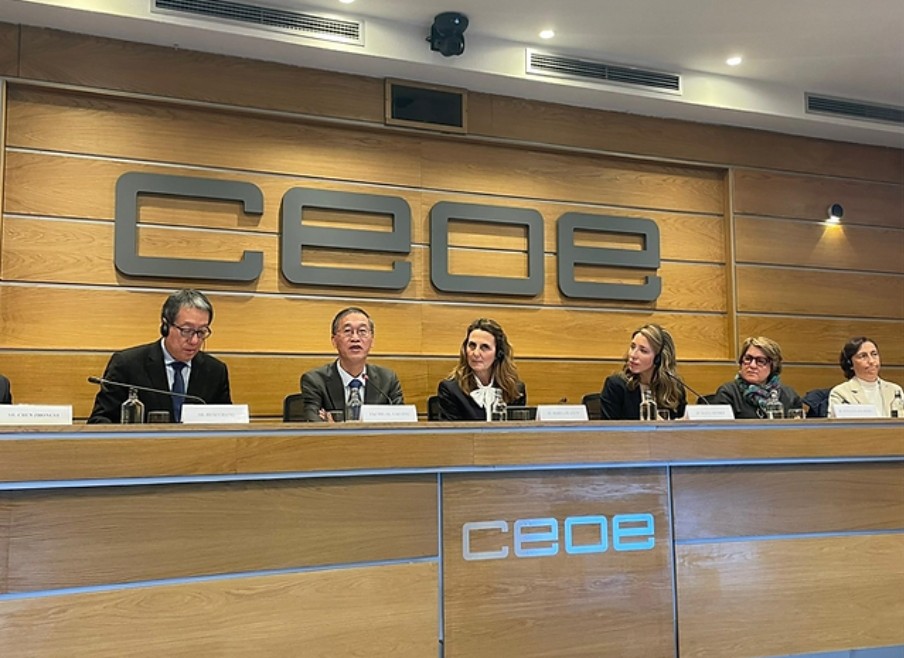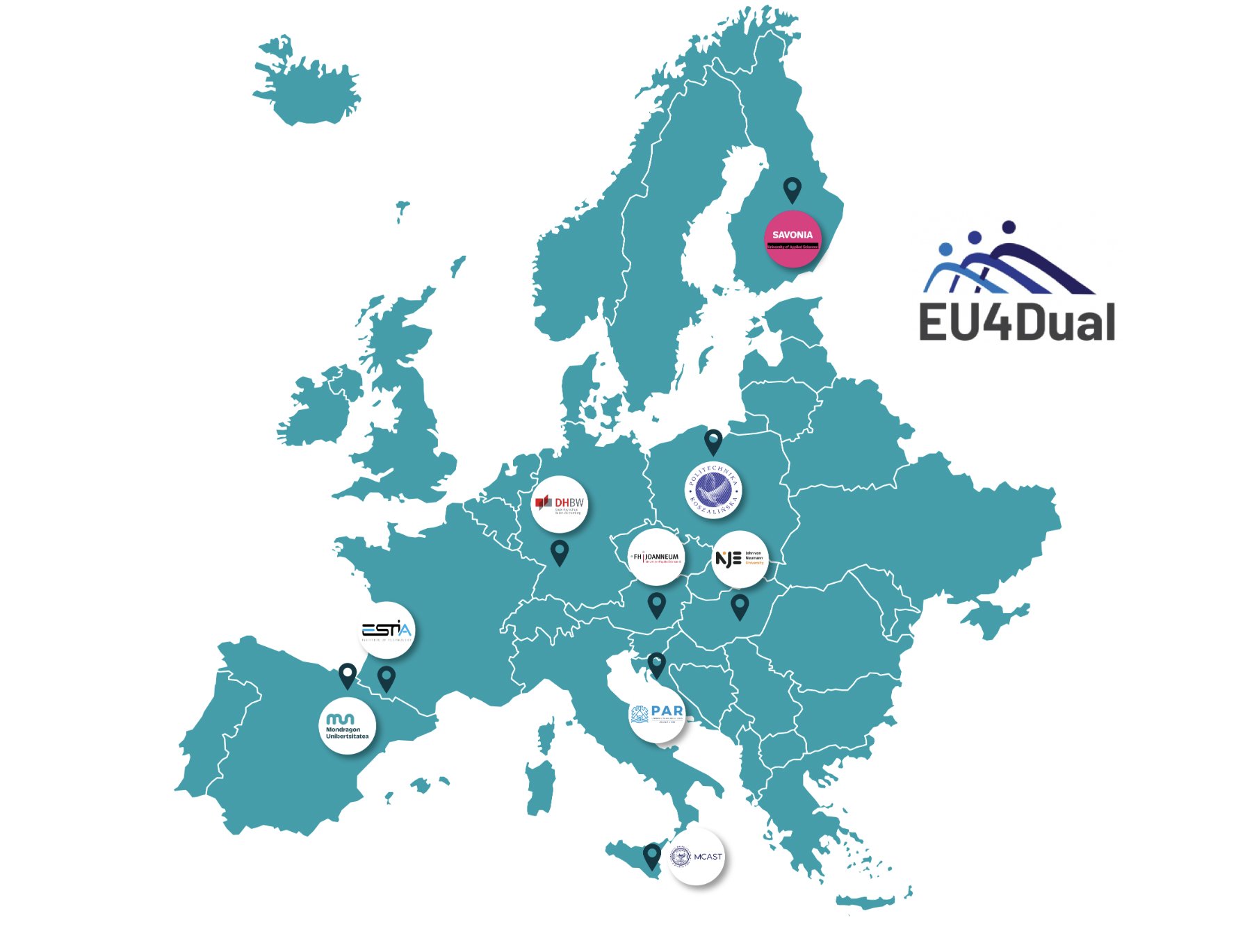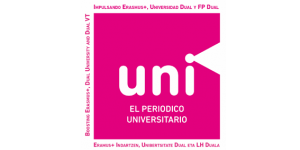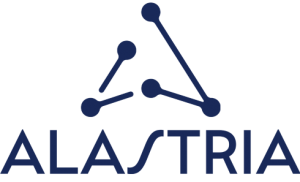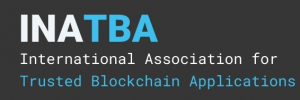Paul Chan says blockchain and Web3 will drive the next big wave of digital technology growth in Hong Kong; Hong Kong’s financial secretary has said Blockchain and Web3 will be the next big wave of digital technology growth. Hong Kong’s financial secretary Paul Chan Mo-po has reiterated his support for blockchain technology, saying it will lead to “revolutionary growth” in the digital technology industry.
Hong Kong regulator considers tokenization to improve bond market. In a blog post on August 27, Chan wrote that emerging NFTs, GameFi, Play-to-Earn games and immersive entertainment in the Web3 technology sector will drive the next generation of digital entertainment.
“Web3’s core blockchain technology, with its disintermediation, security, transparency, immutability and low-cost features, can be applied to various fields such as finance, trade, exchange, supply chain management and even daily life…”
Chan’s remarks came after a visit to the three-day blockchain-focused event Digital Entertainment Leaders Forum in Cyberport, Hong Kong.
Cyberport is a 25-hectare mixed-use technology and media center that provides grants, financing and offices to a wide range of companies in the technology, finance and digital entertainment sectors.
In fact, Chan mentioned earlier this year that Cyberport was allocated an additional $50 million from this year’s budget to help accelerate the development of a “vibrant” Web3 ecosystem.
Chan noted that Cyberport has gathered more than 180 Web3-related technology companies under its roof, including startups and exchanges, noting that 20% of the companies came from overseas.
While China has maintained a tough stance against cryptocurrencies for nearly half a decade, Hong Kong has enacted new cryptocurrency-friendly legislation to position itself as a global hub for digital assets.
The Hong Kong government has introduced a task force to drive the progress of Web3. According to a June 30 statement, the group consists of senior government officials and industry participants.
As part of Hong Kong’s ongoing commitment to invest in the megatrend of Web3 development, the special administrative region established a Web3 task force to provide recommendations on the sustainable and responsible development of the industry.
On August 3, local cryptocurrency exchange HashKey announced that it had successfully obtained all the necessary licenses to start offering cryptoassets to retail investors, becoming the first exchange on Hong Kong soil to expand its business and stop serving only investors.
Hong Kong and tokenization
On the other hand, the Hong Kong regulator is considering tokenization to improve the bond market.
Hong Kong’s monetary authority released a report on its Project Evergreen study, which looked at the ups and downs of recent bond tokenization activity.
Specifically, the Hong Kong Monetary Authority (HKMA) published a report on August 25 detailing the findings of its Project Evergreen study, which examined the market impact of bond tokenization.
In a 24-page summary, the Hong Kong regulator details the use cases, benefits and gaps found during the study. The bottom line is that tokenization improves the bond market.
Eddie Yue, CEO of the HKMA, said the study highlighted the potential of deploying distributed ledger technology (DLT) for capital markets transactions in Hong Kong’s current legal framework. “It also demonstrated the potential of DLT to improve efficiency, liquidity and transparency in bond markets.”
Some of the keys to the effectiveness of bond tokenization revealed in the study were going paperless and eliminating the need for a global physical certificate, saving time and errors, being able to interact between multiple parties on a common DLT platform, and greater transparency in time and data synchronization.
Additionally, DvP enables atomic settlements for bonus transfers and drives end-to-end DLT adoption.
Yuek also pointed out the experiment’s shortcomings, saying bond tokenization is still “in its infancy.” He said many challenges would have to be overcome before mass adoption.
The need for web3 games
On the other hand, Nolan Bushnell, founder of Atari, sees Web3 games as essential for virtual ownership and education.
Bushnell, founder of Atari and inventor of Pong – one of the first commercially successful video games – is optimistic about the future of Web3 games, especially when it comes to moving the property into virtual worlds.
Digit was held on August 25 in Hong Kongal Entertainment Leadership Forum, Bushnell spoke with Animoca Brands co-founder Yat Siu about the past, present and future of gaming.
Bushnell, hailed by Siu as the “grandfather of games,” praised Web3 games for their ability to expand the concept of ownership into the digital landscape.



